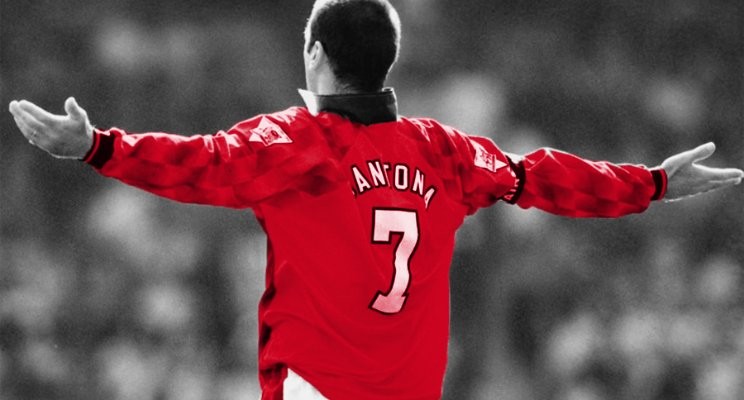Eric Cantona (Part 1)
Eric Cantona (Part 1)
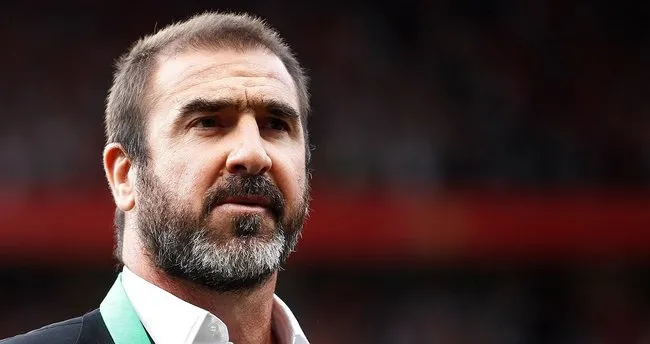
Eric Daniel Pierre Canton, born on 24 May 1966, is a multi-talented French individual known for his prowess in acting, singing, and his illustrious career as a professional footballer. Renowned for his imposing physique, relentless work ethic, and exceptional skill, Cantona left an indelible mark on the football world. His versatility allowed him to excel in various positions on the field, whether as a deep-lying forward, centre-forward, striker, attacking midfielder, or central midfielder.
Throughout his career, Cantona showcased his remarkable abilities while representing clubs such as Auxerre, Martigues, Marseille, Bordeaux, Montpellier, Nîmes, and Leeds United. However, it was during his tenure at Manchester United where he reached the pinnacle of success, leading the team to four Premier League titles within five years, including two League and FA Cup Doubles. Adorning the iconic No. 7 jersey, Cantona became synonymous with Manchester United, earning the endearing moniker "King Eric" from the club's devoted fans.Cantona's influence extended beyond the pitch, earning accolades such as inclusion in Pelé's FIFA 100 list of the greatest living players. He demonstrated his prowess both domestically and internationally, winning league championships in England and France and making significant contributions to the French national team, where he served as captain in preparation for UEFA Euro 1996.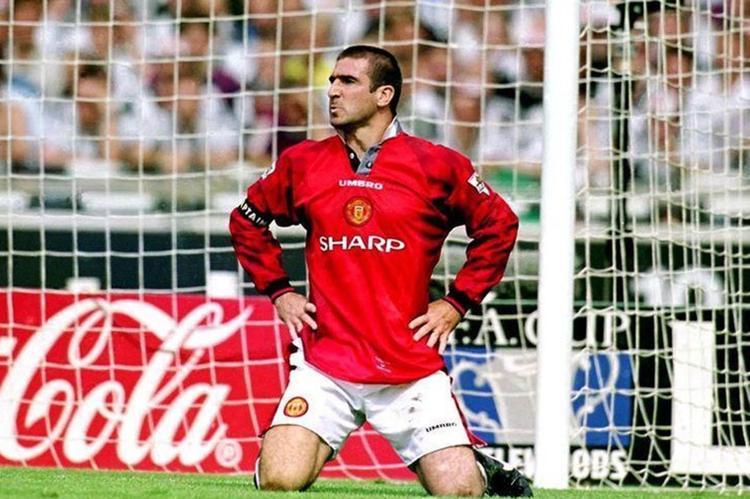
Acknowledged for his remarkable achievements, Cantona was honored as Manchester United's greatest player by Inside United magazine in 2003. His legacy was further cemented with inductions into prestigious institutions such as the English Football Hall of Fame and the Premier League Hall of Fame.Despite his undeniable talent, Cantona's career was not without controversy, marked by clashes with coaches and teammates and a history of disciplinary issues, including a highly publicized assault on a spectator in 1995, which resulted in a suspension from football.
In a surprising turn of events, Cantona announced his retirement from football in 1997 at the age of 30, embarking on a new chapter in the world of cinema. He showcased his acting abilities in notable films such as "Elizabeth" (1998), "French Film" (2008), and "Looking for Eric" (2009), and later ventured into stage acting in 2010.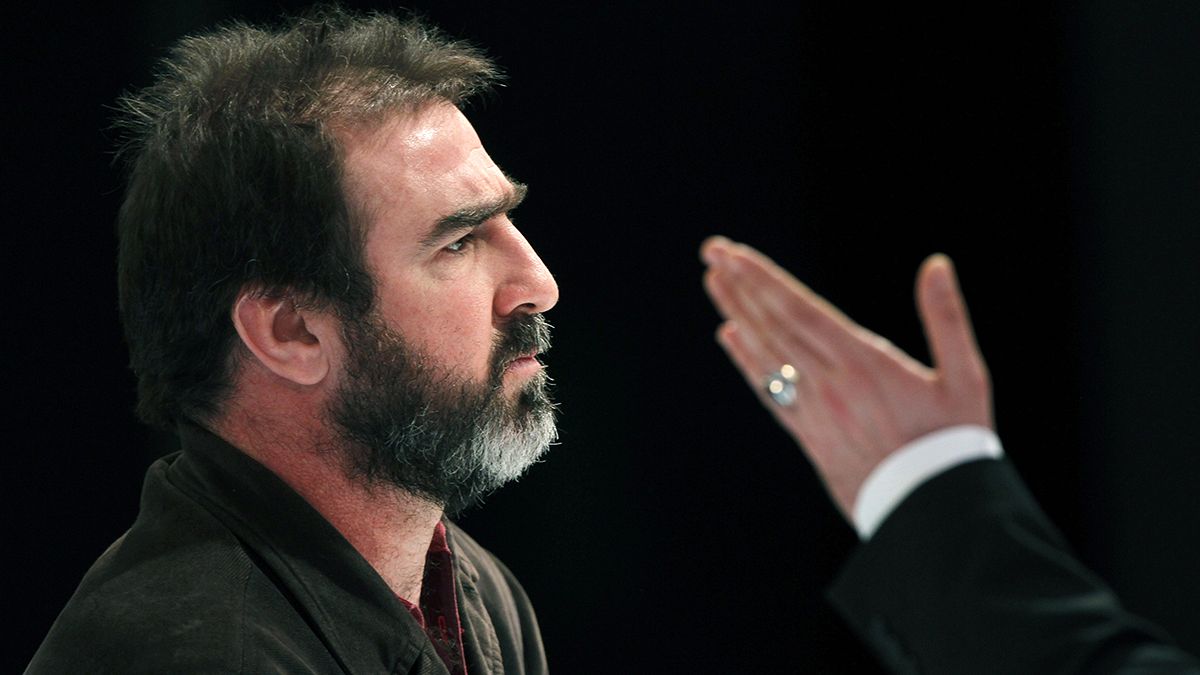
Beyond his involvement in entertainment, Cantona maintained his passion for sports, particularly beach soccer, where he achieved success as player-manager of the France national beach soccer team, leading them to victory in the 2005 FIFA Beach Soccer World Cup.
Born in Marseille on 24 May 1966, Eric Daniel Pierre Cantona hails from a diverse cultural background. His mother, Éléonore Raurich, was a dressmaker of Spanish descent, originating from Barcelona, while his father, Albert Cantona, was a nurse and painter. Albert's lineage traced back to Italy, with his paternal grandfather immigrating from Ozieri in Sardinia to Marseille. The family history carries tales of resilience, as Eric's maternal grandfather, Pere Raurich, sustained injuries during the Spanish Civil War in 1938, compelling him and his wife to seek medical aid in France, ultimately settling in Marseille after a brief stint in Saint-Priest, Ardèche.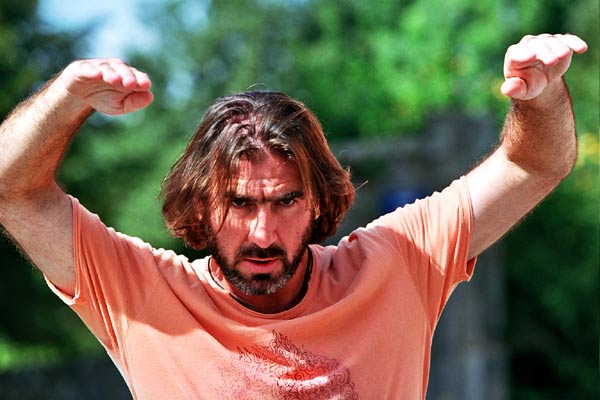
The Cantona household bore witness to a unique living arrangement, situated in a cave nestled amidst the hills of Marseille's Les Caillols district, between the city's 11th and 12th arrondissements. Legend has it that during the tumultuous era of the Second World War, this cave served as a vantage point for the Wehrmacht. Originally selected by Cantona's paternal grandmother in the 1950s, whose husband was a stonemason, the cave evolved into an integral part of the family home, offering a humble yet habitable abode by the time Eric was born.
Eric Cantona grew up alongside his two brothers, Jean-Marie, older by four years, and Joël, younger by 17 months. This upbringing amidst the rich tapestry of Marseille's cultural heritage likely played a formative role in shaping Cantona's distinctive personality and indomitable spirit, traits that would later define his illustrious career in football and beyond.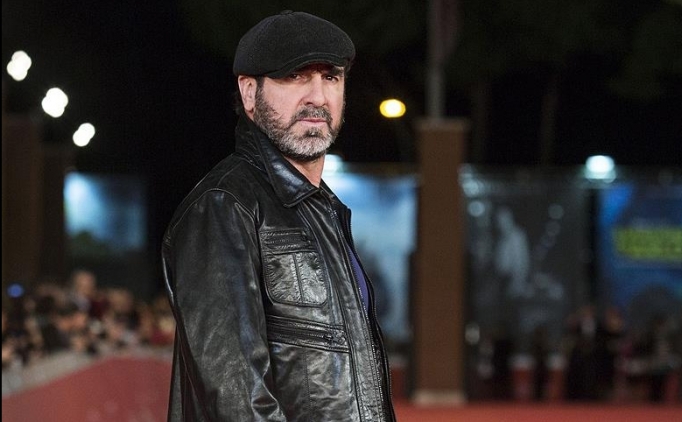
Cantona's arrival at Leeds United was heralded in January 1992 when the club announced his loan deal from Nîmes. The agreement stipulated a £100,000 payment to Nîmes, with an additional 900,000 due if Leeds opted for a permanent signing before April 15. Making his debut against Oldham Athletic on February 8, 1992, Cantona's tenure at Leeds coincided with the team's triumph in the final Football League First Division title, preceding the advent of the Premier League. Despite only netting three goals in 15 appearances, Cantona's impact was profound, often setting up goals for top scorer Lee Chapman. His first goal for Leeds came in a victory against Luton Town on February 29, followed by a significant performance against Tottenham Hotspur, where his assist secured a crucial win in the title race.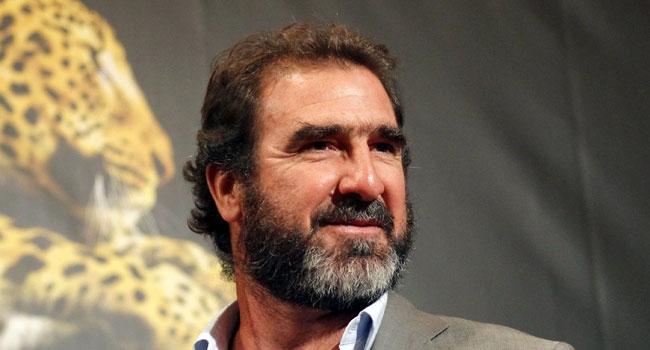
Struggling initially to secure a regular starting spot, Cantona's pivotal role became evident as Leeds navigated key fixtures against Arsenal and West Ham, despite a setback against Manchester City. Notably, Cantona's instrumental contributions against Chelsea, where he orchestrated goals for Chapman and scored himself, solidified Leeds' title aspirations. Shortly after, Leeds confirmed Cantona's permanent transfer for £900,000, accompanied by a substantial weekly wage of £7,000. This move proved pivotal as Leeds went unbeaten in their final five matches, ultimately clinching the league title with a dramatic win over Sheffield United, while rivals Manchester United faltered against Liverpool. Cantona's brief yet impactful stint at Leeds remains etched in the club's history as a defining moment in their championship triumph.
In the 1992 FA Charity Shield, Cantona showcased his brilliance by netting a hat-trick in Leeds United's thrilling 4–3 victory over Liverpool, marking the first hat-trick in the Charity Shield since 1957 and firmly establishing him among the elite group of players to achieve such a feat at Wembley Stadium. Cantona's heroics continued into the Premier League season as he notched his first league goal for Leeds in a 4–1 loss against Middlesbrough, followed by a sensational hat-trick in a resounding 5–0 triumph over Tottenham Hotspur. However, Cantona's relentless schedule saw him jetting off to join the France national team for a friendly against Brazil on the same day, highlighting his commitment to both club and country.
Despite Cantona's standout performances, Leeds struggled to maintain momentum in the league, settling for draws against Liverpool and Oldham despite Cantona's impactful displays. A significant setback occurred with a 2–0 defeat to Manchester United, further straining relations between Cantona and manager Howard Wilkinson. Moreover, Leeds' European campaign commenced on shaky ground with a 3–0 loss to Stuttgart, where Cantona's injury woes compounded their woes.
Amidst these challenges, Cantona's fortunes fluctuated, with injuries sidelining him for key fixtures while also contributing to Leeds' inconsistent form. Nevertheless, Cantona's return sparked a memorable comeback in the European Cup play-off against Stuttgart, securing a 2–1 victory for Leeds. His resurgence continued with a goal for France against Austria before delivering a stellar performance in Leeds' 3–1 triumph over Sheffield United.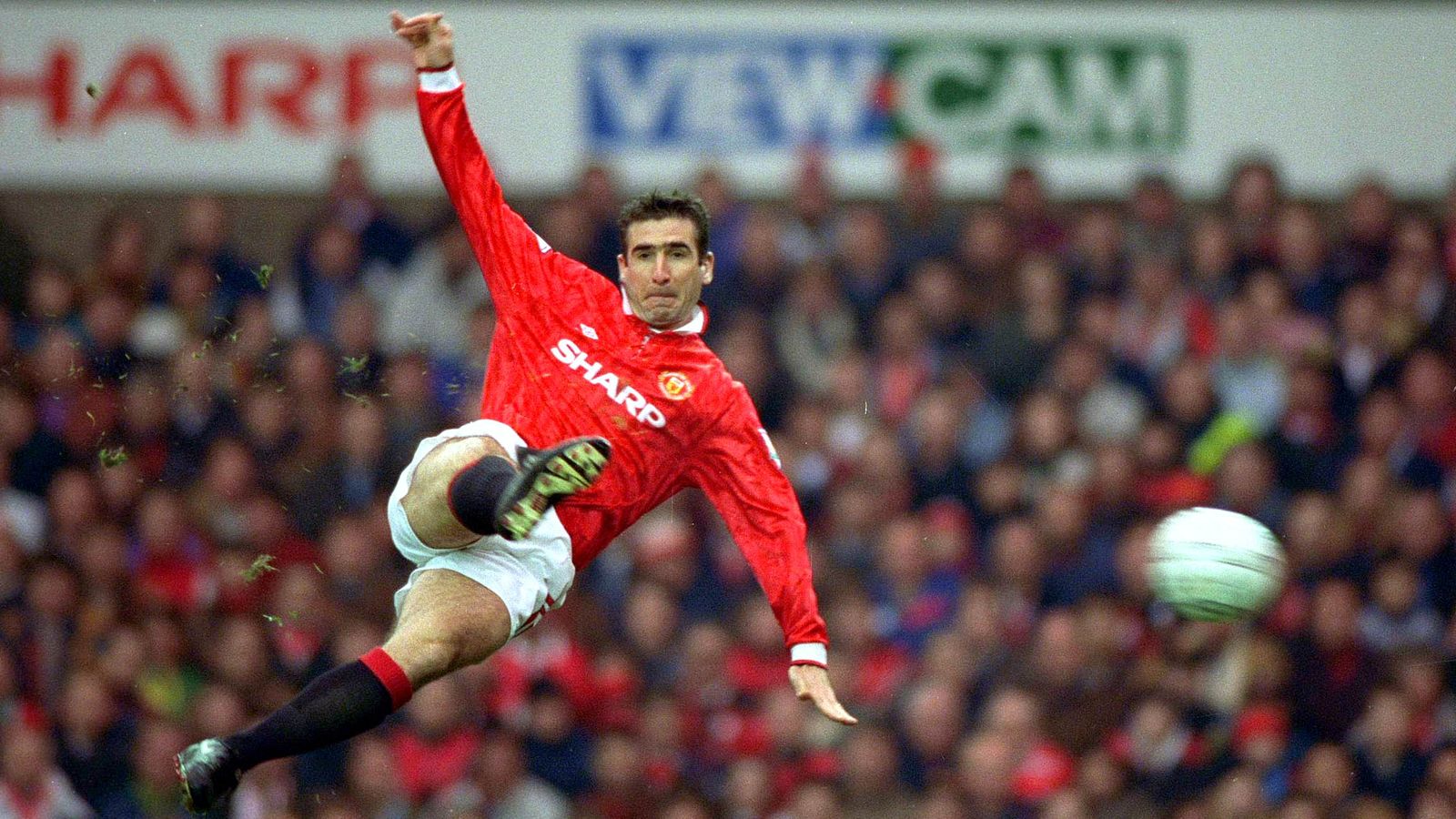
However, tensions simmered between Cantona and Wilkinson, culminating in a series of controversies. Cantona's early exit after being substituted against Rangers and his subsequent absence from a match against Queens Park Rangers strained relations further. Leeds' disappointing results compounded Cantona's frustration, ultimately leading to his publicized transfer request, expressing a desire to join rivals Manchester United, Liverpool, or Arsenal.
As Leeds grappled with internal discord and poor form, Cantona's discontent reached a boiling point, underscoring the end of his tenure at the club and signaling a pivotal juncture in his career trajectory.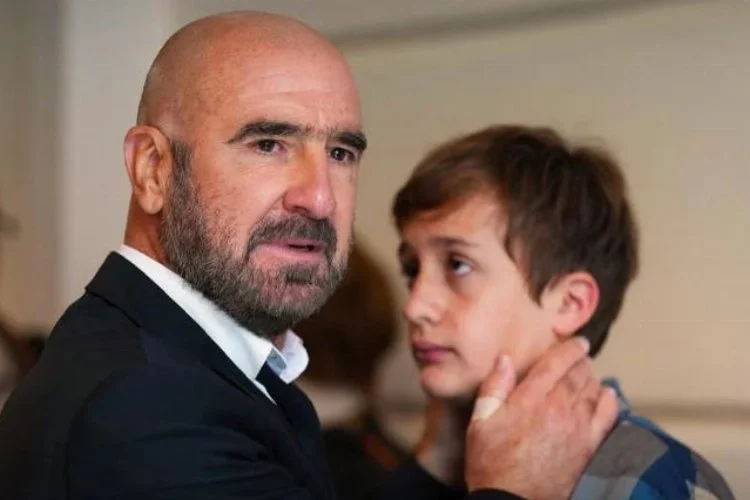
References
- Wightman, Rob (2004) [2002]. Eric Cantona. FourFourTwo Great Footballers. London: Virgin Books. p. 5. ISBN 9-780753-508923.
- a b "E. Cantona: Summary". Soccerway. Perform Group. Retrieved 5 June 2019.
- ^ "Eric Cantona". L'Équipe (in French). Paris. Retrieved 5 June 2019.
- ^ "Eric Cantona". Barry Hugman's Footballers. Retrieved 7 June 2019.
- ^ "Fédération Française de Football". www.fff.fr. Retrieved 3 December 2022.
- ^ Davies, Lizzy (10 January 2010). "Eric Cantona and Rachida Brakni are toast of Paris as ex-footballer makes stage debut". The Guardian. Retrieved 25 January 2018.
- ^ Coman, Julian (25 March 2012). "The king and I: meeting Eric Cantona". The Guardian. Retrieved 21 July 2012.
- ^ Williams, Richard (17 April 1994). "The other side of Cantona: Eric Cantona has become the most exciting footballer in England. The fact that he is French, loves poetry and philosophy, and has a volatile temperament makes him the most intriguing. Last week he was voted players' player of the year – while under suspension". The Independent. Archived from the original on 22 May 2009. Retrieved 21 July 2012.
- ^ Henderson, Paul (5 July 2011). "When GQ met Eric Cantona". GQ. Archived from the original on 29 October 2012. Retrieved 21 July 2012.
- ^ "Eric Cantona: I didn't punch him strong enough. I should have punched him harder". FourFourTwo. 22 January 2015. Retrieved 13 April 2015.

